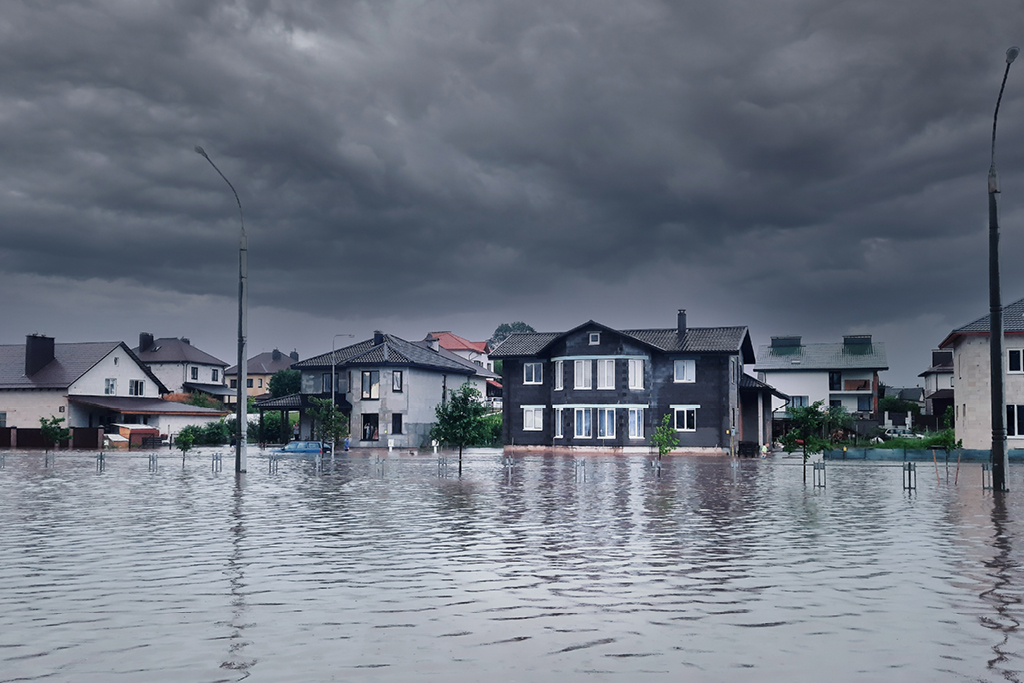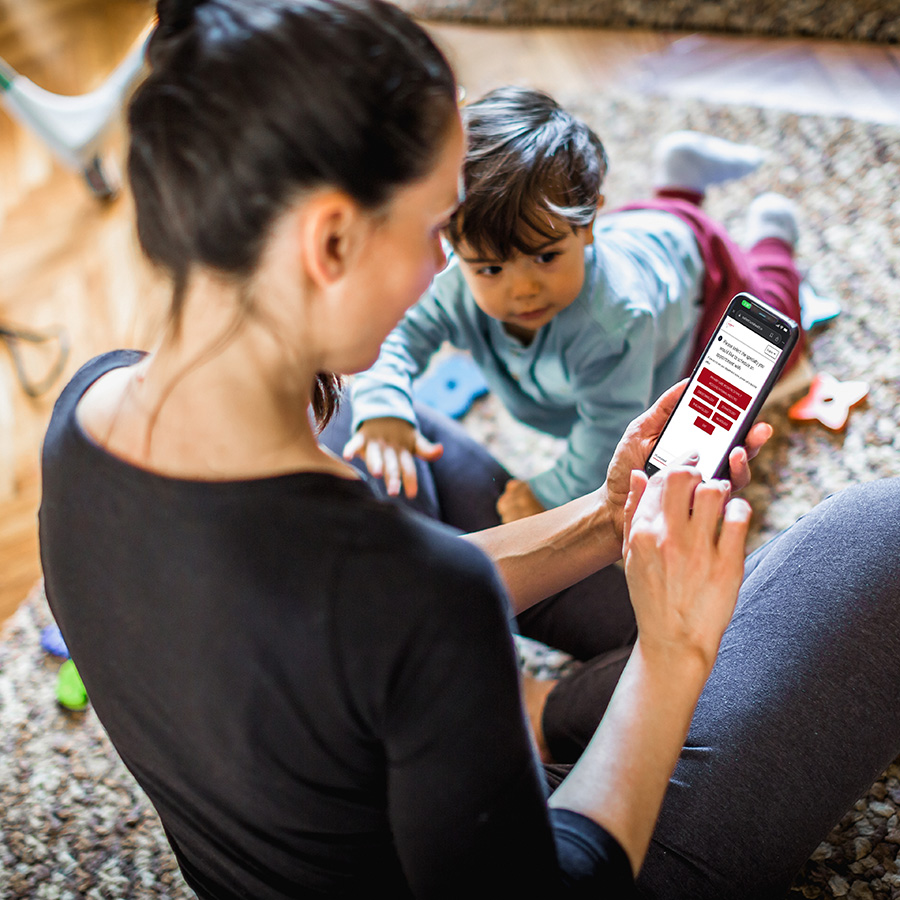
The way you manage your health care always matters. During hurricane season, it takes on a new degree of importance.
But it’s easy to ensure you’re ready to continue your health care in the event of an emergency or evacuation.
When is hurricane season?
It runs from June 1 to November 30, overlapping summer and fall. The threat of hurricanes doesn’t end with the summer. Tropical conditions remain favorable for hurricane activity long after inland climates have cooled.
Always heed official recommendations for evacuation when hurricanes or tropical storm conditions threaten. The risk of staying behind is too great. Taking care of your health needs and treatments can be a challenge when you’re on the move.
RECOMMENDED: Inform your provider of your evacuation plan. They can recommend places to seek treatment and offer advice specific to your needs. You can connect with your provider through the Patient Portal. (link to patient portal: https://www.wilmingtonhealth.com/patient-portal/)
How should I transport medications when evacuating?
Store medications in a cold, dry place. Be sure you bring them with you when you evacuate! Request refills as needed through your patient portal. This goes for pills, but also EpiPens and inhalers.
Pack medications that need refrigeration with frozen ice packs. Bring or have access to a generator for medical equipment that needs electricity. This is good practice for minor weather events in which your power supply could be at risk, too.
RECOMMENDED: Try your best to stay current on prescription refills. A good rule: Refill when you reach about 25-35% of your current medication. This allows for delays in the supply chain and other issues that could arise, especially when inclement weather hits.
What about the non-medicine supplies I need?
Durable medical equipment is crucial for comfort, health, and mobility. Keep a list of essentials as they pertain to your health. Some items to consider:
- Canes and walkers
- Compression socks
- Oxygen tanks
- Raised toilet seat or bathroom railings
- Wheelchairs
Before bad weather makes it to the forecast, list what each member of your family would need.
RECOMMENDED: Create to-go bags for an emergency. Even if you don’t commit some supplies to it from the start, knowing that you need to add them is a bonus. (These might include items such as formula, perishable items, and medicines.)
This bag can contain non-perishable foods. Also, back up items such as glucose monitors, inhalers, pulse oximeters, and other essentials.
What about allergies when I must evacuate?
Be sure your EpiPen refills are up to date, and that you have a spare, too. As always, store your EpiPen in a cool, dry place, such as a cooler. (At 68-77 degrees Fahrenheit. Short excursions of 59-86 degrees are OK if inevitable.)
RECOMMENDED: If you’re evacuating to a new region, there might be new risks present. Consult your care provider if they’ve prescribed an EpiPen for insect bites to you. The new area you’re going to might have a different bug to be aware of.
If you’re evacuating with friends or family, inform them of your peanut or other food allergies. Stay vigilant about asking if foods you’re allergic to are in dishes or around the house.
They’ve cleared me to return home. Now what?
You could be returning to an array of conditions. If your home has lost power or running water, you’ll have to take precautions coming back. Consider:
- First-aid kit: They’re great to carry at all times, but critical for times like these. They should contain bandages (including butterfly), painkillers, and a tourniquet at least.
- Insect repellent: In hotter climates, during summer weather especially, bugs become a problem. Where water pools, there are mosquitoes. Use insect repellent in areas prime for increased mosquito activity.
- Water: Bring bottled water if there’s been an interruption in service.
What’s the best advice for staying healthy in an evacuation?
Be prepared! Your care providers at Wilmington Health want you to be healthy wherever you go. Consult this hurricane guide well before trouble arises so that you know what to do. Preventive care. That’s TRUE Care from Wilmington Health.
Ready NC Hurricane Guide — English
Ready NC Hurricane Guide — Spanish
We have WH Community Alerts, where our community can sign up for current, Wilmington Health related updates. By signing up for below, you will opt in for text alerts with important messages from our practice.

